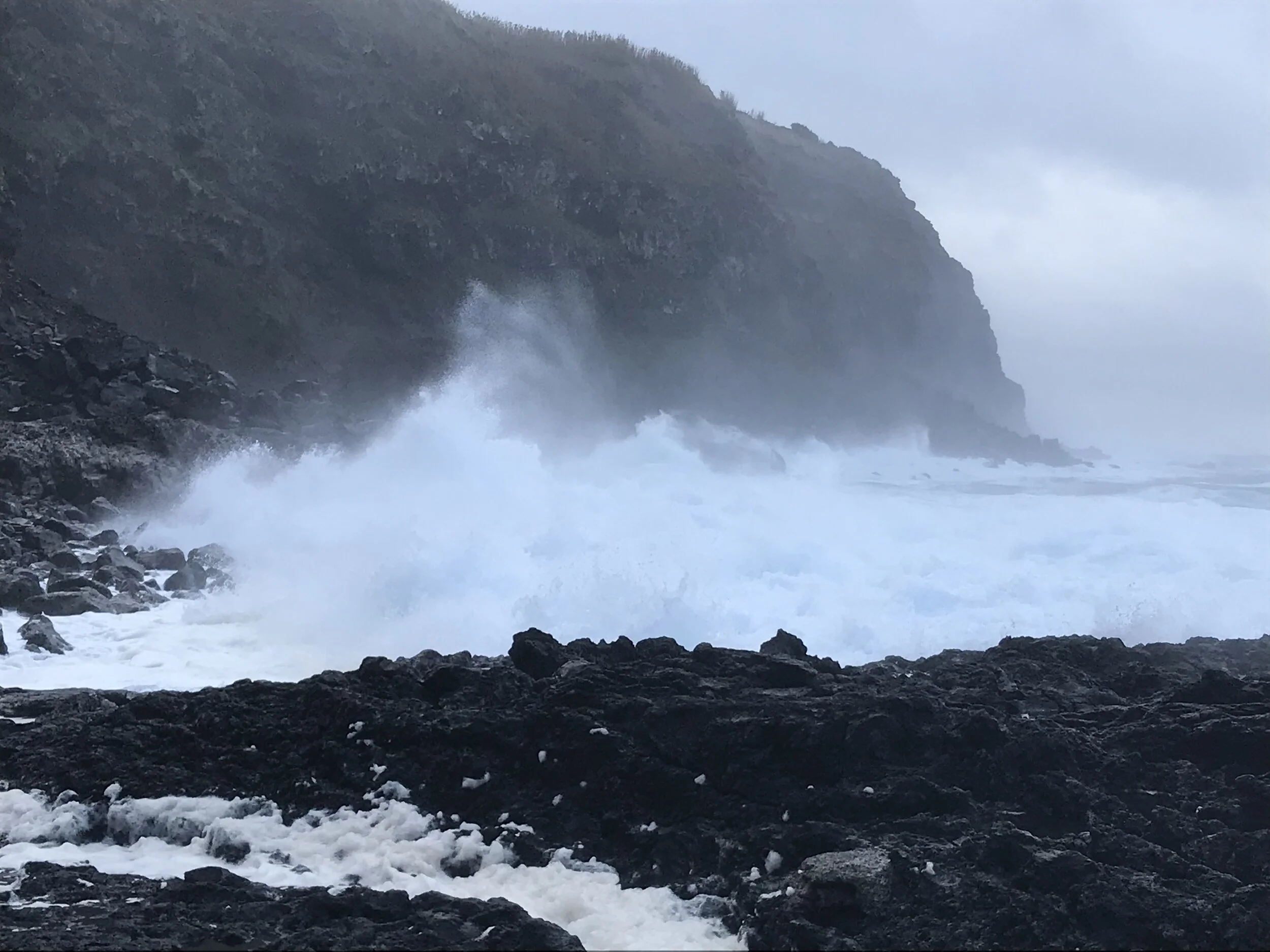Here’s how you can genuinely help to save the planet
We know that our planet is in trouble, vital resources are polluted or exhausted and time is running out
Large scale production of our food, goods and services is a major cause of environmental change and damage
We can’t trust the majority of manufacturers, retailers, producers and governments to act in the best interest of the planet and it’s inhabitants. Or to be transparent about the damage they do.
The safety and security of our food is under threat.
Every time we spend money, we support all the practices, good and bad, of that product or service, from the beginning to the end of its life. Unfortunately, the situation is often extremely complex and most of the information about these practices is hidden from us.
Without knowing it, we might be saying it’s ok to clear the rainforest to plant soya beans to feed the cows that supply the restaurants where we buy our burgers. We might be saying it’s ok for a clothes manufacturer to pollute a local water supply or pay their workers pittance. We could be saying it’s ok for fishing trawlers to decimate the ocean floor of an area so local fishermen can no longer make a living and an important ecosystem is destroyed. Or that it’s ok for the people who grow our coffee to be paid so little that they can’t keep the farm that’s been in their family for generations.
And even if we do know some of what goes on it is still very hard to weigh up whether one product is more damaging than another.
But if there is an easy way to get this information, then we will be able to start to make more informed, more considered decisions about how and where we spend our hard earned money. And we’ll be able to use the power we hold to create a better world.
We’ll also be able to expose those who are making millions out of destruction and are never brought to account.
Each and every one of us really can make a real difference to the planet and it’s inhabitants and create a better world for our children
Because we actually hold all the power when we buy things
Team Planet
The planet has reached crisis point - we are all aware of the problems: plastic, pollution of our land, sea, air and biodiversity, habit loss, deforestation, climate change
We are at the stage where we are relentlessly degrading the environment on which we depend and even though we know it won’t be able to sustain us for much longer, we can’t seem to stop
But we don’t need to watch helplessly as people profit from making the situation worse
You have more power than you know
Team Planet
The planet is burning and time is running out. Our oceans are filled with plastic. Our food is contaminated. Whole species are dying out. Ancient ecosystems are disappearing. Communities are being decimated and displaced. Individuals are being abused.
As unpalatable as this might seem, most of this is happening to maintain our own privileged lifestyles.
Most of us feel our governments aren’t doing and won’t do enough.
And whilst many of us are busy recycling, buying second hand clothes, eating less meat or buying locally, we feel that this just isn’t enough
Not only that but it seems that each choice we make has a downside and may not be better for the planet at all. For example swapping cows milk for almond milk may be saving cows’ pain and reducing methane released from them into the atmosphere, but almonds take up valuable water resources. Swapping meat for fish might seem like a good idea for environmental reasons but it might only be addressing one area and might be causing problems in another. It also really depends on what fish we are consuming, where it’s from, how it’s caught and by whom. Without knowing it, there may be a huge impact on fishing stocks or local communities. And is it better to buy clothes made from organic cotton or fair-traded cotton? One might be better for the environment whilst the other is better for the people making the products. How can we know?
Production processes and their impacts are incredibly complex and the science can be confusing - information we get through the media is muddled and often biased by those wishing to protect their interests with huge budgets to do so
But in reality, we hold all the power in how and where we spend our money - we just need to know how to use it
We need to be informed
We are developing an App that, for the first time ever, will give you all the information you need to make informed choices to ultimately create a planet that is better for everyone and everything that lives on it
Team Planet
You will be able to quickly and easily compare individual products against each other, compare brands within categories, compare categories, compare companies, manufacturers, producers - everyone involved in the production and supply of the products and services we use will be logged and rated.
You will be able to see whether vegan leather is really better than real leather or faux fur is better than real fur - man-made materials might be better for the animals but they don’t decompose as well so how do you choose?
Or one supermarket is better than another - one might use more plastic packaging than another but has a commitment to buying locally - how do we know which is best?
And it’s not just the environment that we should be concerned about. We need to look at all the impacts of a product or service throughout it’s entire lifecycle
We must make sure that our choices are doing the least damage to people, animals and the planet
And what makes this particularly useful is the way you can track consumption against your own health
Allowing you to improve both your health and the health of the planet and all that lives on it
What do we want the world to look like
The criteria for the
Team Planet App
Each and every product and service will be ranked against a set of 5 criteria and given an overall score or Planet Points
Cost to environment - what are the land requirements of production?; does the production or manufacture of this product result in the removal of carbon storage systems such as forests or mangrove swamps; what levels of pollution during production, transportation, use and decomposing; what type of pollution; what level of destruction of important ecosystems; what level of reusability, recyclability, biodegradability;
Cost to wildlife - will consider damage to habitats and ecosystems; extinction of species due to over use and over fishing; damaged caused by pollutants; damaged caused by communities displaced or compromised by manufacture; poaching and trafficking issues;
Cost to humans and communities - looking at human rights and welfare associated with production, manufacture, transport and retail; fair trade standards; fair and equal pay of employees and producers along the entire chain; health impacts for employees and local communities
Cost to farmed animals - what are the animal welfare standards involved in the process?
Cost to self - this will consider the actual monetary cost of the product along with the nutritional and health aspects for the user
It will be easy for you to compare and choose products and services
You can search for any product, service or category
You can scan barcodes
You can keep track of your own personal impact over time
You can keep track of your own health
Your personal Team Planet Points Tracker
You can link to a Personal Team Planet Points calculator (based on existing Carbon Footprint Calculators)
Where you can keep daily track of your Team Planet Points
You will be able to easily and quickly search or scan products and add them to your daily tally
Or add them manually
There is also an option to allocate yourself a Team Planet Points target that will work a bit like Weight Watchers points - you decide on your level (Basic, Involved, Warrior) and are allocated your points for the week
And you can link it to your own health by keeping track of calorie and nutritional levels to monitor your personal health impacts of the foods you are consuming (a bit like My Fitness Pal)




